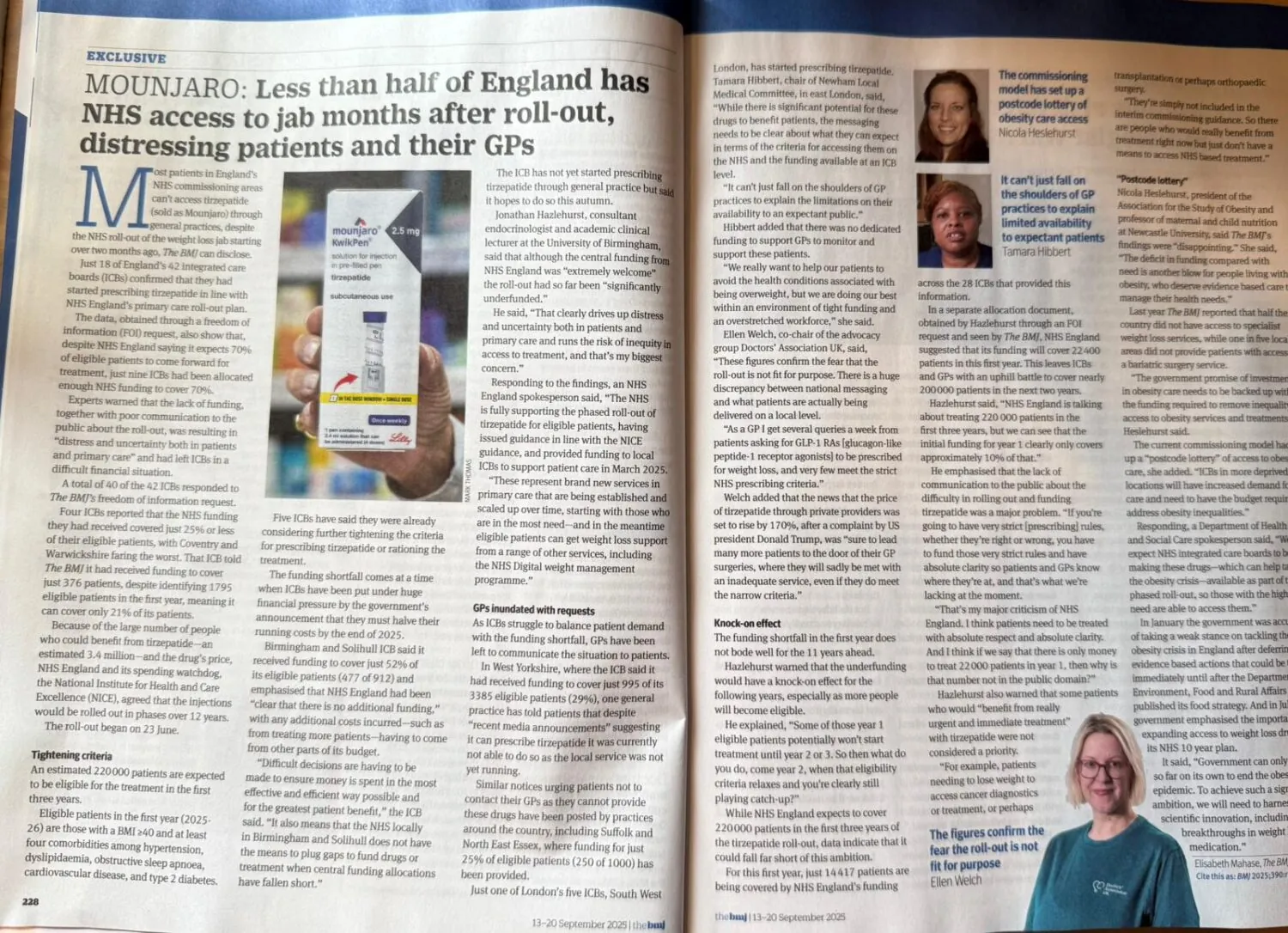Doctors have warned plans to share NHS data with private third parties could make patients reluctant to share sensitive issues with their GP.
From July 1 the way NHS Digital collects data from GPs will change to give researchers and planners easier access to anonymised medical records.
This data has already been collected for over a decade, NHS Digital say, for bespoke requests related to planning of healthcare services and medical research.
Now the medical histories of 55 million patients, including information on mental and sexual health, will be collated into one database.
But campaigners have warned better communication around the plans to pool the data is needed amid concerns it could damage patient-doctor relationships.
The Doctors’ Association UK said it could “erode the doctor/patient relationship, leaving patients reluctant to share their problems due to fears of where their data will be shared”.
Dr Ellen Welch, a GP and the editorial leader of DAUK, told The Guardian: “NHS Digital has failed to publicise this adequately to patients or healthcare staff, and we feel more time is needed to explain to patients how exactly their data will be used, who will benefit from it and what implications it may have for individuals.”
The Royal College of GPs is broadly in support of the plans, but has written to NHS Digital urging it to improve communication to the public.
Professor Martin Marshall, chair of the RCGP, told the newspaper: “The job of informing the public must not be left to busy GPs, especially at a time of extreme workload pressures and focus on the Covid-19 vaccination programme, so we have written to NHS Digital urging them to undertake greater communications with the public about this new collection and their options for opting out.”
Patients have until June 23 to opt out of the new scheme, this can be done by filling in a form and taking it to their GP.
An NHS Digital spokesperson said: “Patient data is already used every day to plan and improve healthcare services, for research that results in better treatments, and to save lives.
“During the pandemic, data from GPs has been used to benefit millions of us: helping to identify and protect those most vulnerable, roll out our world leading vaccine programme, and identify hospital treatments which have prevented people dying from covid.”
The spokesperson added they engaged with doctors, patients and privacy experts to design the new system and the data will only be used for health and care planning and research purposes.
“We take our responsibility to safeguard patient data extremely seriously. Researchers wanting to access this data will need each request to be approved by the Independent Group Advising on the Release of Data (IGARD) and a GP Professional Advisory Group (PAG), with representatives from the British Medical Association and the Royal College of General Practitioners,” they added.




